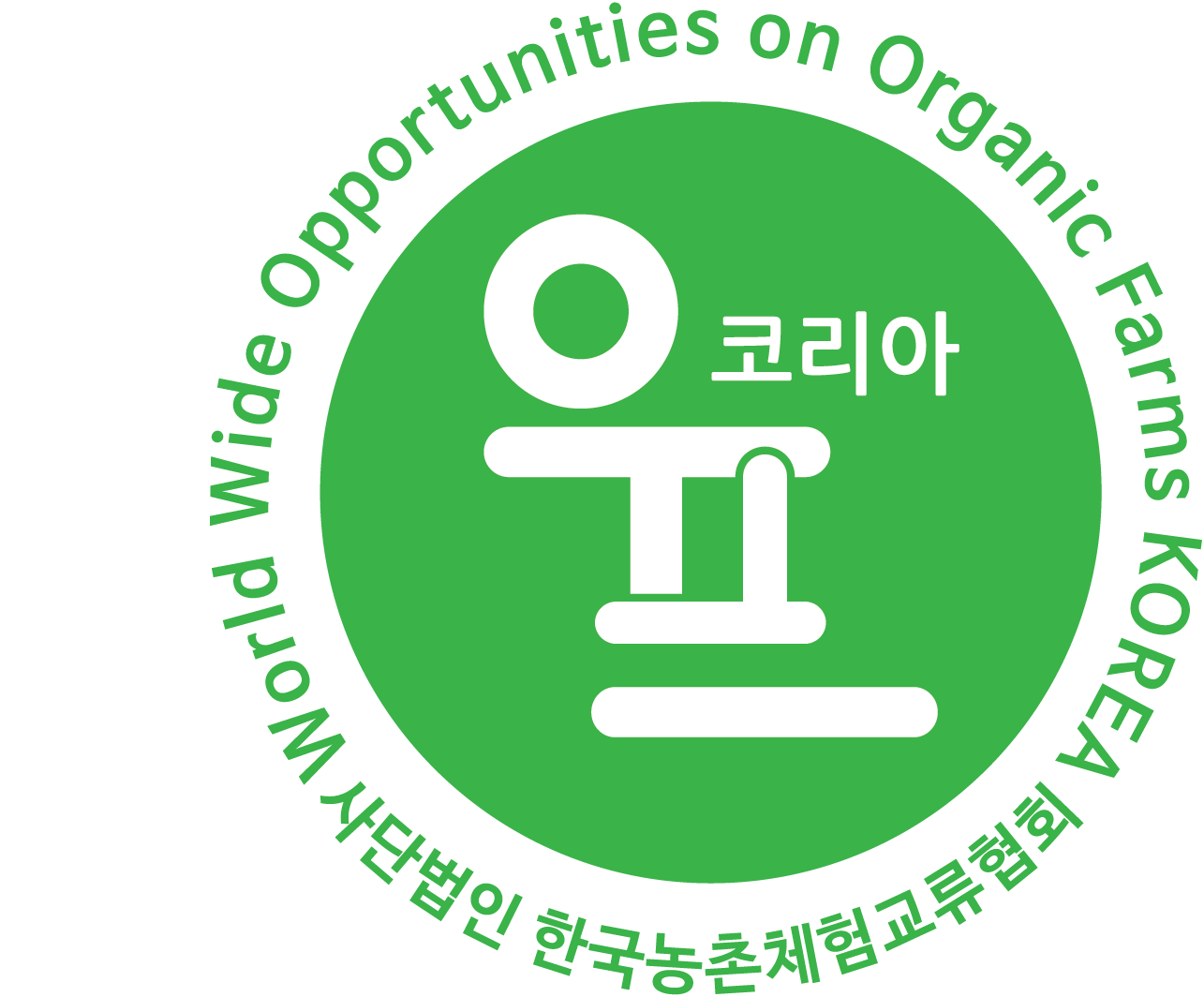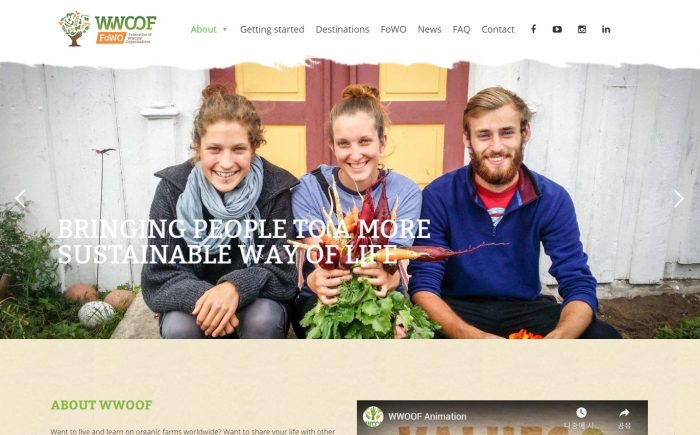How did WWOOF start?

The Origin of WWOOF
Initially, the name WWOOF stood for Working Weekends on Organic Farms. However, it was changed to the abbreviation of “Willing workers on Organic Farms” in 1982 under the agreement of WWOOF’s representatives as the working days were no more limited to weekends.
WWOOF is a global network that connects organic farms with volunteers. It is an activity (or a program) that expands opportunities for cultural exchange and education, coexists with nature, and creates a sustainable global society based on trust with no financial exchange.
Representative Departments of Each Country
WWOOF is currently available in 153 countries around the world. Among them, 55 countries are well-managed for having each representative for their countries. The rest of the countries with fewer hosts are managed separately in the United Kingdom. Representatives of each country discuss agendas of WWOOF through online channels.
In addition to that, once every three years, an international delegation meeting was held, and in 2011 it was held in Korea. Although all countries share the basic ideology, each country operates independently. Throughout the year, there are approximately 12,000 hosts and 150,000 WWOOFers that are active worldwide.

There are five countries where Koreans go to WWOOF the most.

WWOOF Australia
wwoof.com.au

WWOOF Japan
wwoofjapan.com

WWOOF
U.K.
wwoof.org.uk

WWOOF
U.S.A.
wwoofusa.org

WWOOF CANADA
wwoof.ca
FAQ
In Europe, there is discussion about a unified membership, but it is expected that it will take time.
The remaining 90 countries are managed by independent countries because there are not many hosts.
Although each country operates independently, the ideology and mission are shared.
However, different farms can do different jobs at different times.
For reference, satisfaction with Overseas wwoof is In the case of high, it was investigated that most of them speak the local language to some extent.
However, in case of an emergency, we recommend that you prepare a sufficient amount of money and go.




